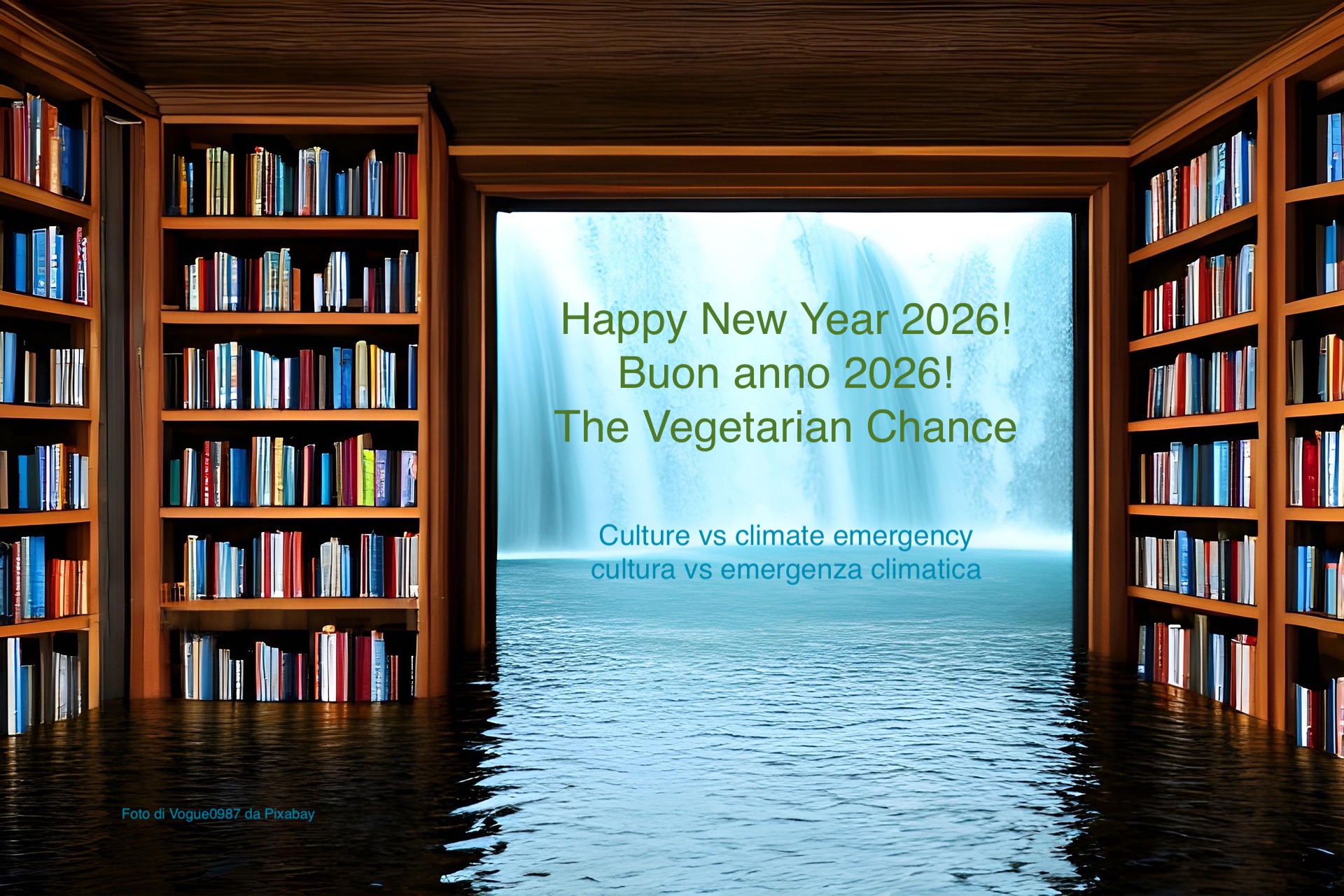

Capsella o borsa del pastore: erba selvatica da insalata. Foto di BARBARA808 da Pixabay




Capsella o borsa del pastore: erba selvatica da insalata. Foto di BARBARA808 da Pixabay
Questo sondaggio condotto da Proveg in collaborazione con le Università di Copenhagen e Ghent (una delle città più veg d’Europa che in estate organizza un festival specifico molto innovativo) racconta come in Europa la riduzione dei consumi di carne sia in crescita. A questa riduzione contribuisce senza dubbio la disponibilità sul mercato di alternative vegetali che imitano la carne attraverso tecniche industriali o elaborazione e combinazione di ingredienti. Una semplice alimentazione spartana a base di legumi e verdure non conquista i consumatori seriali di hamburger, salsicce o bistecche. I prodotti industriali sono però processati e anche se vegetali rischiano di non essere salutari come si pensa. Più il numero di ingredienti è alto e più la manipolazione è palese e su questo mette in guardia in questo articolo il Professor Emanuele Zannini coordinatore di Smart Protein. Secondo lui è importante fornire informazioni chiare e semplici sull’origine e sui processi degli ingredienti e sulla tecnologia applicata per lo sviluppo di prodotti alimentari a base vegetale sicuri e nutrienti. E questa osservazione è tanto più importante se come dice il sondaggio la maggioranza di chi riduce la carne nei sui pasti quotidiani lo fa per motivi di salute.
A pan-European survey has found that 51% of meat eaters in Europe claim they are actively reducing their annual meat consumption.
Sorgente: Most Europeans are reducing their meat consumption | Smart Protein
Slow Food denuncia una pericolosissima deregolamentazione dei nuovi OGM, che metterebbe a rischio l’agricoltura biologica e più in generale anche chi fa uso di sementi convenzionali. I semi brevettati sono l’antitesi della biodiversità che va preservata. La biodiversità è un risorsa per difenderci dall’emergenza climatica e dall’invadenza delle multinazionali, che colonizzano l’agricoltura in tutto il mondo.
Nuovi Ogm, l’appello di organizzazioni contadine, dell’agricoltura bio e società civile: l’accordo per la deregulation va bocciato nelle aule
Sorgente: Nuovi Ogm: l’accordo per la deregulation va bocciato nelle aule